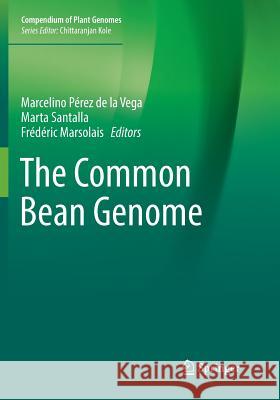The Common Bean Genome » książka
topmenu
The Common Bean Genome
ISBN-13: 9783319875781 / Angielski / Miękka / 2019 / 295 str.
Kategorie:
Kategorie BISAC:
Wydawca:
Springer
Seria wydawnicza:
Język:
Angielski
ISBN-13:
9783319875781
Rok wydania:
2019
Wydanie:
Softcover Repri
Ilość stron:
295
Waga:
0.54 kg
Wymiary:
25.4 x 17.78 x 1.68
Oprawa:
Miękka
Wolumenów:
01
Dodatkowe informacje:
Wydanie ilustrowane











